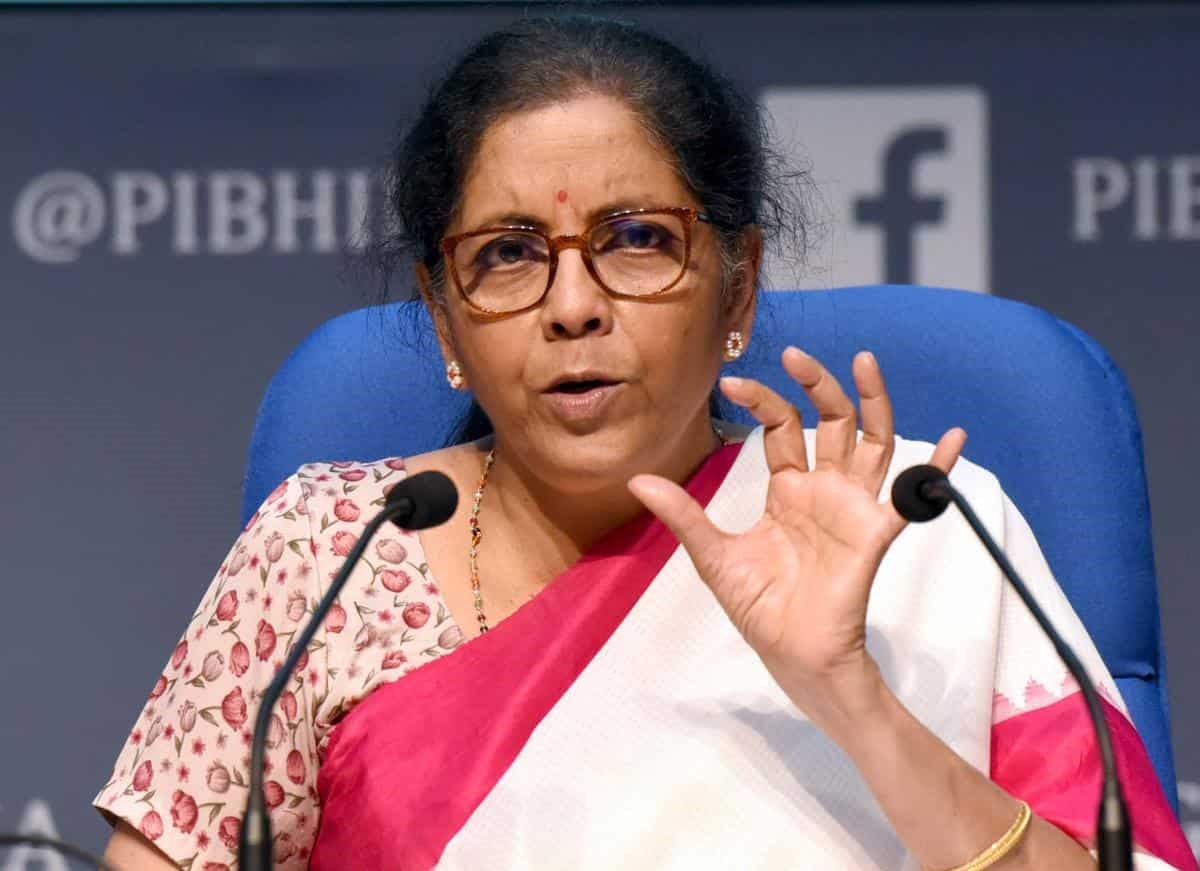
Cong sold country’s resources, made kickbacks, Nirmala counters Rahul
Finance minister criticises Congress leader for questioning the government’s National Monetisation Pipeline scheme

Finance Minister Nirmala Sitharaman on Wednesday criticised Congress leader Rahul Gandhi for questioning the government’s National Monetisation Pipeline scheme, which aims to monetise assets worth ₹6 lakh crore between 2021-22 and 2024-25.
“Does he [Rahul Gandhi] understand what monetisation is? It was the Congress that sold the country’s resources and made kickbacks in it,” Sitharaman was quoted as saying by the Press Trust of India.
Gandhi has spearheaded the Congress attack on the government over the monetisation plan, saying:“The Narendra Modi-led government is in the process of selling India’s crown jewels built by previous governments with public money over 70 years.”
The Congress also pointed to the BJP charge that since Independence, the Congress has brought no development. The privatisation list is of assets built by successive Congress governments, which the BJP is now selling to cover up its mismanagement of the economy, the party said.
On Tuesday Union minister Smiriti Irani also criticised the Congress and Gandhi.
Also read: Modi selling India’s crown jewels to industrialist friends, says Rahul
“In 70 years of Independence, the district the MP led [Amethi] did not even get a district hospital,” said Irani, who dislodged Gandhi from his family turf in 2019. “Their problem is that ₹6 lakh crore will come from this disinvestment. That’s why they are having trouble,” she added.
The government expects the major chunk of 66 per cent of the total estimated value of the assets to be monetised to come from roads, railways and power sector assets, while the balance 34 per cent will be acquired from sectors such as telecom, mining, aviation, ports, natural gas and petroleum product pipelines, warehouses and stadiums.
The NMP is in line with PM Modi’s strategic divestment policy, under which the government will retain presence in only a few identified areas with the rest tapping the private sector.


